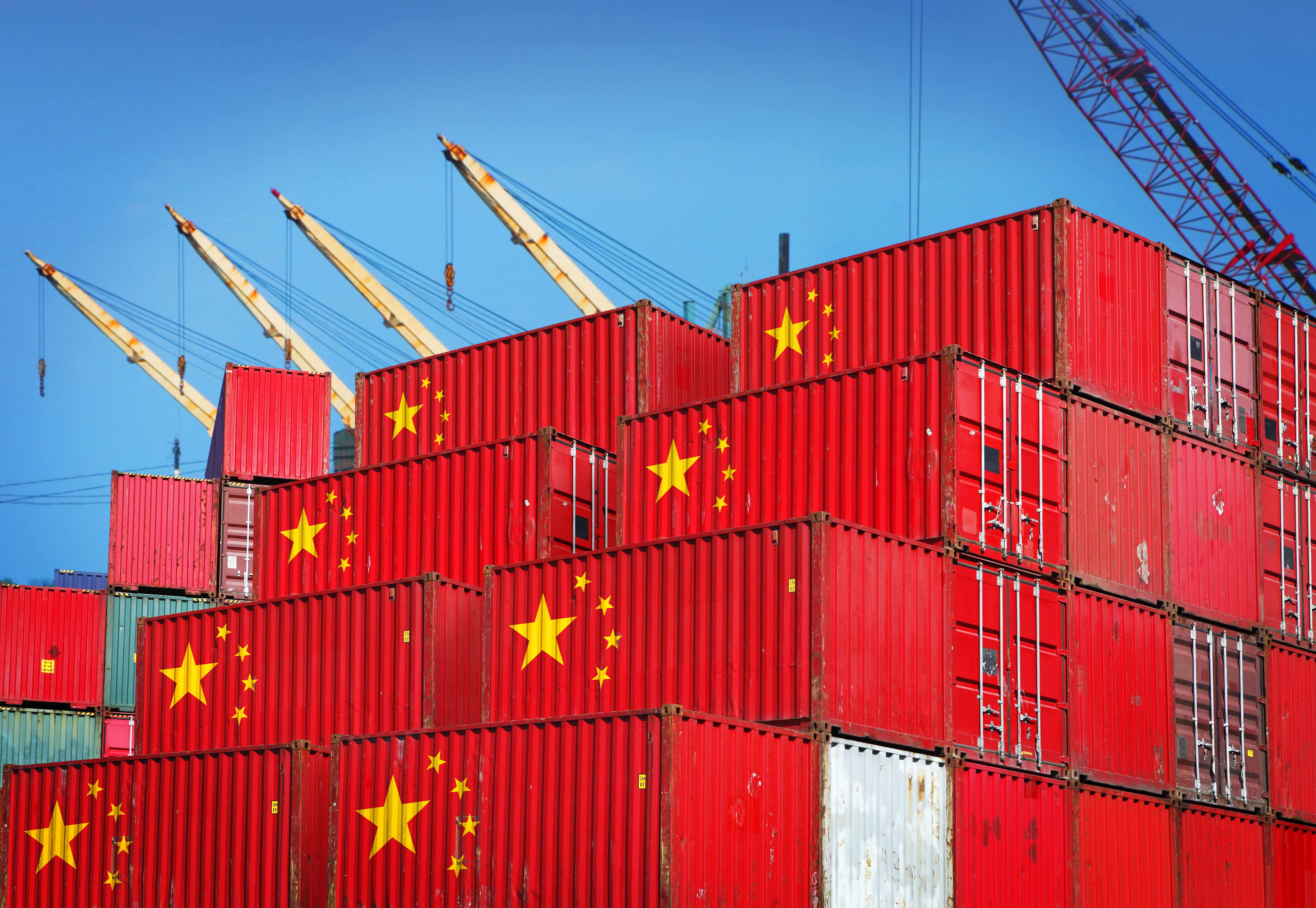Is China leading the "free trade" world?

In an increasingly unpredictable world, the leader of the world’s largest Communist Party took to the stage at the World Economic Forum in Davos arguing for globalization and the wonders of free trade.
That same week Donald Trump became president of the United States and highlighted “America First” in his inauguration speech. The new president is keen for firms to produce more in the US and if they move overseas they will be penalized for it. Following on from his campaign pledges, Trump withdrew from the Trans-Pacific Partnership trade agreement.
“There is no doubt that global economic leadership will now gravitate to the East,” said Jan Dehn, head of research for the Ashmore Group, a London-based investment firm. “In addition to exercising leadership of key economic issues, China is well underway to becoming a true economic giant.”
Based on purchasing power parity, China is expected to be the world’s largest single market entity and the Chinese middle class will become the driver of world trade.
The China Institute for Employment Research (CIER) at Renmin University released the CIER Employment Index Report for the fourth quarter of 2016. The labor market in China maintained its upward trend as the CIER index reached its highest level since the first quarter of 2015, providing a favorable environment for jobseekers. Internet and e-commerce are the best-performing sectors.
Yasuyuki Todo has examined the effect of privatizing state-owned enterprises (SOE) in China which still has a large number of SOEs. His firm-level analysis found that privatization has a positive effect on export propensity, employment, and productivity, both in the short and long term. He says, “…the existing evidence clearly indicates that policymakers should recognize privatization’s positive effects on employment and productivity that arise due to increased penetration of global markets.”
Many foreign companies complain about what they see as the rise of protectionism in China. However, China, Mr Xi assured delegates at Davos, “will keep its doors wide open and not close it.”
Related articles:
The effects of privatization on exports and jobs, by Yasuyuki Todo
Trade, foreign investment, and wage inequality in developing countries, by Alessandro Cigno
International trade regulation and job creation, by L. Alan Winters
Also see our curated content on trade policy and the labor market.